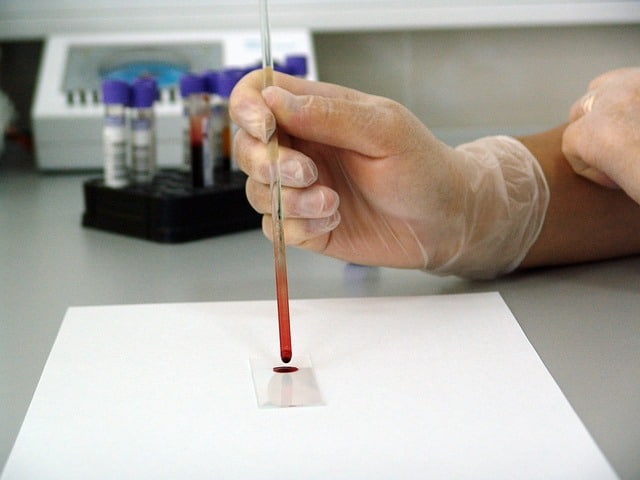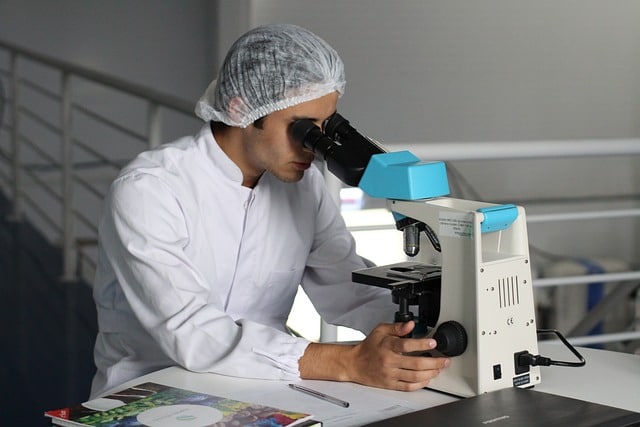
Bioanalysis consists of the development of laboratory studies focused on substances found in the body.
In order to properly understand the term bioanalysis that concerns us now, it is necessary to begin with the discovery of its etymological origin. In this case, we can determine that it is a word of Greek origin, the result of the sum of two clearly delimited components such as these:
-The noun bios , which can be translated as "life."
-The word analysis , which is equivalent to the separation of the parts of a whole in order to thoroughly discover its properties and elements.
What is bioanalysis
Bioanalysis is a specialty of health sciences that makes possible the development of tests and laboratory studies for the measurement of substances found in the body . Thanks to these analyzes it is possible to diagnose and treat various diseases and disorders.
It is important to mention that the term bioanalysis is not included in the dictionary of the Royal Spanish Academy ( RAE ). That is why there is no single accurate or precise definition of the concept. In any case, the meaning of the concept can be constructed from various scientific and medical publications.

The degree in bioanalysis allows you to specialize in this type of practice.
A specialization
In several countries there is a degree in bioanalysis , which trains specialists who work professionally in this sector. Bioanalysis graduates are experts who know the different stages of the analysis of various samples and are able to interpret the results to make diagnoses .
The bioanalyst is also trained to apply the scientific method in the development of research linked to the field of health . This way it can contribute to improving public health.
Characteristics of the bioanalysis expert
Other important aspects to know about the bioanalyst, the bioanalysis professional, are the following:
– It is established that you must be a committed person, with a great capacity for effort, with notable analytical qualities and with a huge desire to help others. Not to mention that they must also have important moral and ethical values, be responsible and have notable empathetic power.
– You are trained to work in a multidisciplinary team that seeks, among other things, to maintain the health of the population in the best possible state.
– He is also prepared, through his theoretical knowledge and the use of technology, to be able to diagnose, prevent, control or even treat pathologies. However, it is also available to be able to know and demonstrate the alterations of various types that they may have.
– It is essential that the bioanalyst has knowledge and skills in areas such as clinical biochemistry , pharmacology, immunology, cellular and molecular biology, medical microbiology and parasitology…
Scope of your work
It can be said that bioanalysis consists of the study of the chemical, physical and magnetic interactions that develop in the organism and that influence the state of the living being .
The work of the bioanalyst allows, thanks to the application of the scientific method, to provide answers to multiple questions related to health through the measurement of the level of substances and the interpretation of the results obtained from the tests carried out in a laboratory. .
